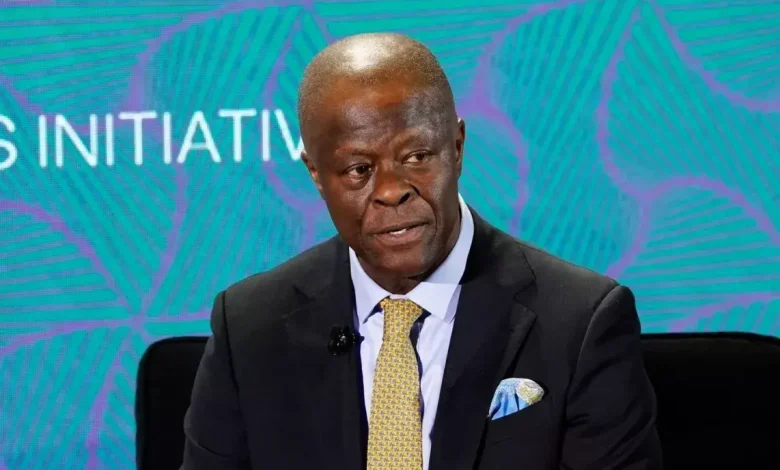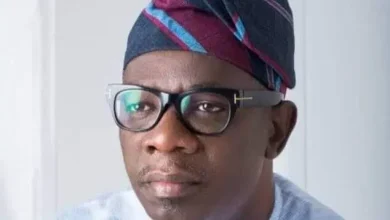
In a decisive push to attract private capital into Nigeria’s infrastructure sector, the Minister of Finance and Coordinating Minister of the Economy, Wale Edun, on Monday led a high-level meeting with stakeholders under the Federal Government’s Highway Development and Management Initiative (HDMI).
The session, held in collaboration with the Minister of Budget and Economic Planning, Abubakar Bagudu, brought together concessionaires overseeing nine major highway projects spanning over 900 kilometers. The projects, collectively valued at ₦1.5 trillion, are to be executed through long-term 25-year concession agreements.
Speaking at the meeting, Edun reiterated the government’s strategic shift toward leveraging private sector investment to accelerate infrastructure delivery. He noted that despite external shocks and dwindling oil revenues, Nigeria had achieved macroeconomic stability with a projected GDP growth of 3.4% in 2024.
“With stability restored, our focus now is to drive inclusive and sustainable growth. Key to this is the mobilisation of private capital for infrastructure,” Edun stated.
He pointed to the Benin-Asaba highway concession as a successful model already underway, backed by institutional and international investors demonstrating the viability of the government’s PPP framework.
Echoing this sentiment, Bagudu reinforced President Bola Tinubu’s Renewed Hope Agenda, which prioritizes private-sector-led growth, job creation, and fiscal discipline. He emphasized that the HDMI programme provides a clear pathway for investors to recover their costs through tolling, while helping the government close critical funding gaps in infrastructure.
The Ministers also conveyed a directive from the Ministry of Works requiring all concessionaires to present verifiable proof of funding a move aimed at ensuring timely mobilisation and project execution.
The HDMI is a flagship component of the federal government’s infrastructure strategy, designed to harness private innovation and financing in the development, management, and maintenance of Nigeria’s critical road networks.





